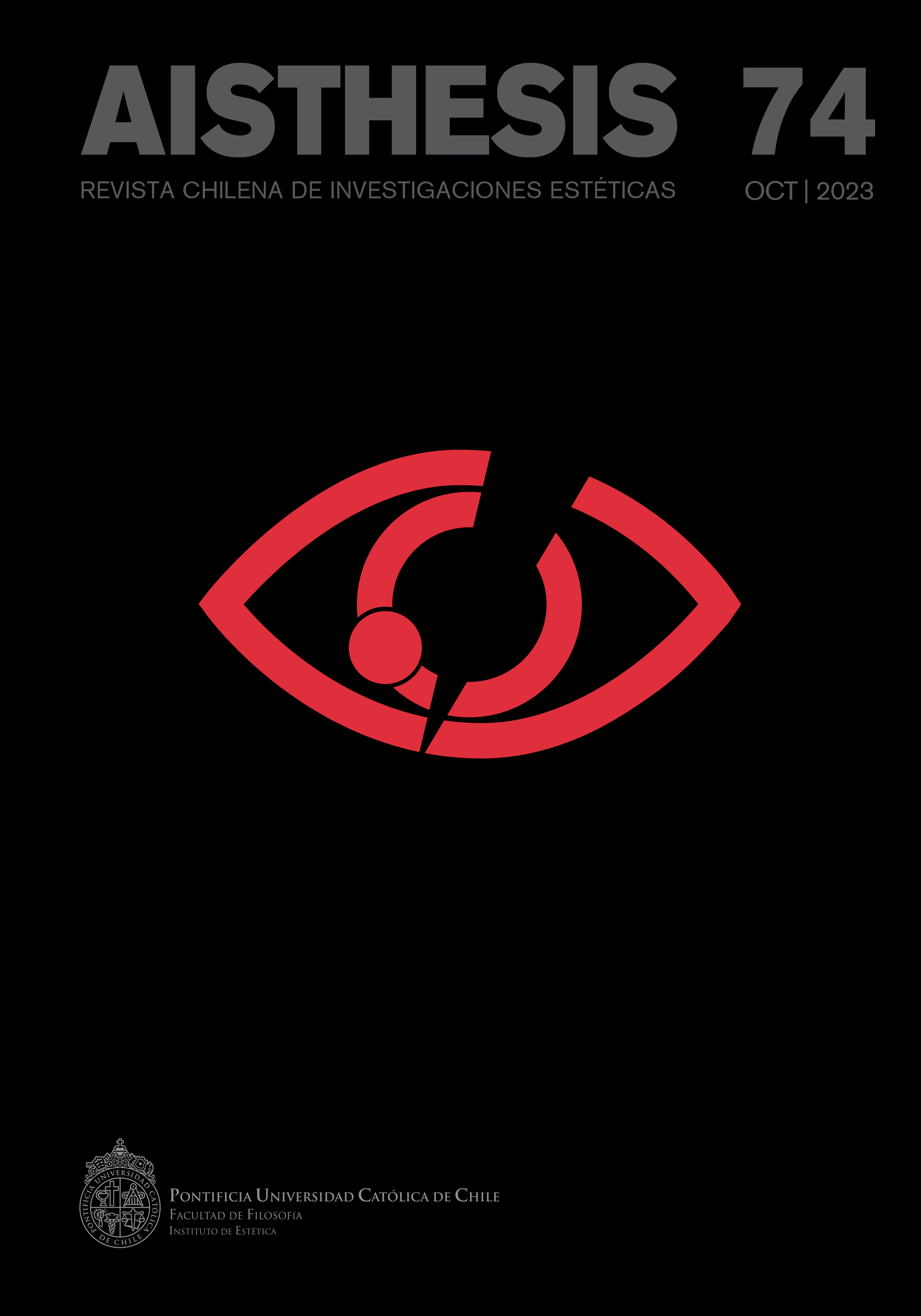Helvio Soto and the Capital-Cinema
Main Article Content
Abstract
The article explores the question that underlies Helvio Soto's political cinema. A complex question, barely ajar, and which summarizes an era that seriously considered the question of the relationship between cinema and revolution. This question, which is the obverse of the one that Gilles Deleuze and Jun Fujita Hirose posed about cinema-capital, is an inquiry not only into the revolutionary becoming of cinematographic images, but also into the temporality of a world under construction. With materialist roots, this inquiry is that of the duration of images, of revolutionary images.
Downloads
Article Details

This work is licensed under a Creative Commons Attribution-NonCommercial-ShareAlike 4.0 International License.
All contents of this electronic edition are distributed under the Creative Commons license of "Attribución-shareAlike 4.0 Internacional" (CC-BY-SA). Any total or partial reproduction of the material must mention its origin.
The rights of academic works published in this publication belong to their authors., who grant to AISTHESIS: Revista Chilena de Investigaciones Estéticas the license for its use. The management of the permits and the authorization of the publication of the images (or of any material) that contains copyright and its consequent rights of reproduction in this publication is the sole responsibility of the authors of the articles
References
Referencias
Althusser, Louis. “Le courant souterrain du matérialisme de la rencontre”. Écrits philosophiques et politiques. tome I, ed. Francois Matheron: Paris, Stock, 1994.
Deleuze, Gilles. “Lépuisé”. Samuel Beckett, Quad. trad. Edith Fournier, Paris: Minuit, 1992.
Deleuze, Gilles. Cinéma 2. L’image-temps. Paris: Minuit, 1985.
Fujita Hirose, Jun. Cine-capital. Cómo las imágenes devienen revolucionarias. trad. Sebastián Puente, Buenos Aires: Tinta limón, 2014.
Hamacher, Werner. La detrición de la lengua, traducción y selección Niklas Bornhauser, Santiago de Chile: Metales pesados, 2022.
Jameson, Fredric. Signatures of the Visible. New York: Routledge, 1992.
Jameson, Fredric, Archaeologies of the Future. The Desire Called Utopia and the Other Science Fictions. New York: Verso, 2005.
Lenin, Vladimir Ilich. Obras completas. vol. VIII, Madrid: Akal, 1976.
Ruiz, Raúl. Poética del cine. Santiago de Chile: Sudamericana, 2000.
Soto, Helvio. “Para ser cineasta revolucionario primero hay que ser buen cineasta”. Primer plano, núm. 1, Santiago de Chile, 1972.
Soto, Helvio. “Mi aprendizaje con ‘Caliche sangriento’”. Araucaria de Chile, núm. 11, Madrid, 1980.
Thayer, Willy. “Wlow up. Recuerdo absoluto, retorno absoluto y redención”. Intervalo. Revista de psicoanálisis, núm. 1, Santiago de Chile, 2009.
